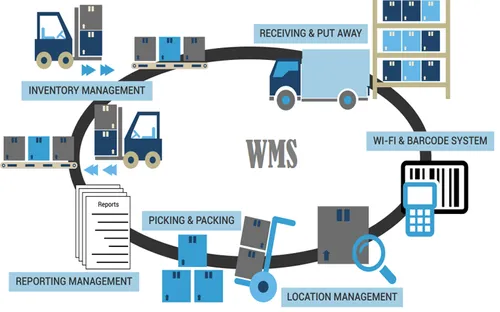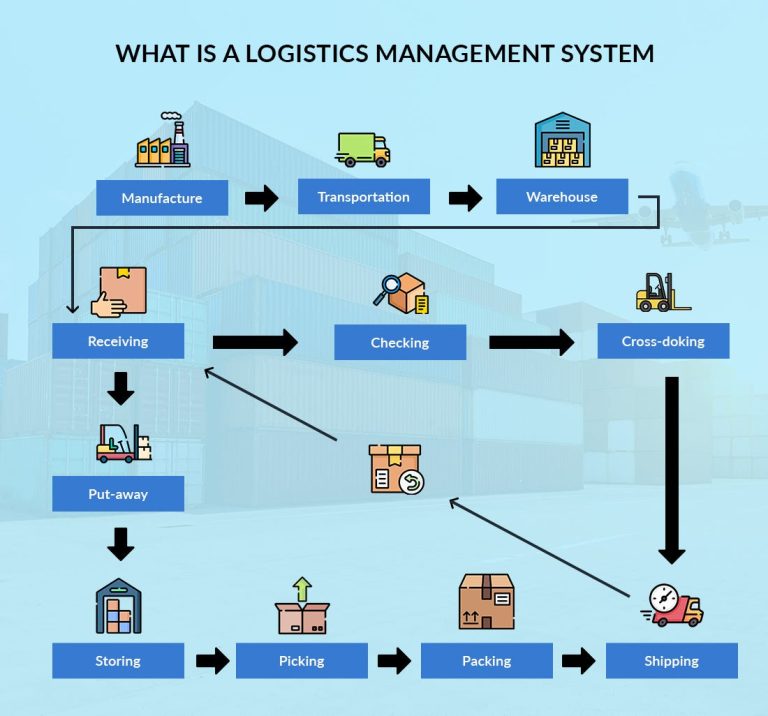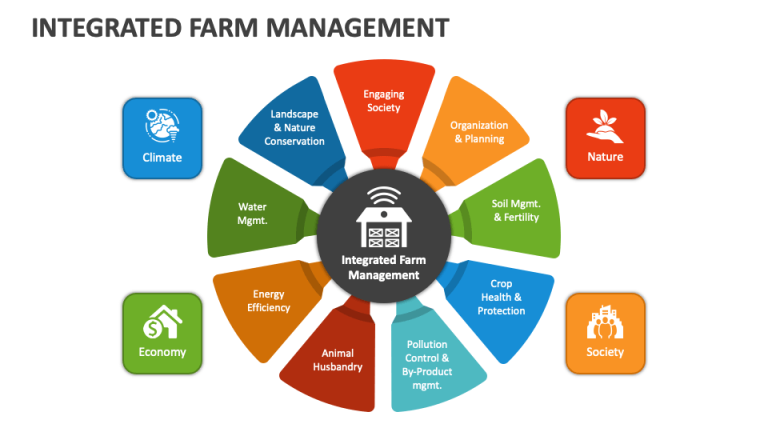Training Course on Advanced Monitoring & Evaluation and Data Analysis for Development Results

About The Course
Course Description
This Training Course on Advanced Monitoring & Evaluation and Data Analysis for Development Results is designed to impact job-oriented skills for monitoring and evaluation that are in high demand in the development and humanitarian sectors. Participants from the course you will be able to design and manage Monitoring and Evaluation Systems which meet donor agencies standards. It is aimed at providing an overview of monitoring and evaluation methods for development results with practical applications of tools and methods.
This course will provide participants with M&E tools, techniques and resources needed for planning, organizing, and/or managing programs and projects. Through exercises and group work, participants will learn the links between results-based measurement, monitoring and program evaluation. Time will be allocated for practical exercises and informal question and answer sessions around common M&E problem areas. Participants will also be provided with additional resources for further study and research in the M&E field.
Course Objectives
Upon the successful completion of this Training Course on Advanced Monitoring & Evaluation and Data Analysis for Development Results, participants will be able to:
- Understand how to select data collection strategies and get acquainted with key issues about Gain insights on how multilateral agencies manage their operations
- Design a project using logical framework
- Develop indicators and targets for each result level
- Track performance indicators over the life of the project
- Develop, build and implement a Monitoring & Evaluation system throughout the course for a real project
- Develop a comprehensive monitoring and evaluation plan
- Collect data using mobile data collection tools
- Use SPSS as a data analysis software
- Use Geographic Information Systems (GIS) and GPS to gather data, collaborate and share information.
- Communicate findings to stimulate learning and reflection.
Training Methodology
The course is designed to be highly interactive, challenging and stimulating. It will be an instructor led training and will be delivered using a blended learning approach comprising of presentations, discussions, guided sessions of practical exercise, case study review, web-based tutorials, group work, exploration of relevant issues collaborative strength training, performance measurement, and workshops of participants’ displays, all of which adhere to the highest standards of training. The training technique is built on learning by doing, with lecturers using a learner-centered approach to engage participants and provide tasks that allow them to apply what they’ve learned. Experiential knowledge is also given equal importance within the format of training. Our facilitators are seasoned industry professionals with years of expertise in their chosen fields. All facilitation and course materials will be offered in English.
Who Should Attend?
This Training Course on Advanced Monitoring & Evaluation and Data Analysis for Development Results would be suitable for, but not limited to Project Management Officials from NGO’s, National Statistics Offices, Education Researchers, Government ministries, National Institutes and Planning Ministries, Central Banks, and University Researchers among others.
Course Content
Module 1: Monitoring and Evaluation (M&E) Fundamentals
- Introduction to M&E
- Key components of M&E
- Relating Monitoring and evaluation to your project cycle
- Identifying the challenges facing Monitoring and evaluation professionals
- Steps to implementing M&E in a project/programme
- Type of evaluations
- Methods and tools for M&E
- Challenges in M&E
Module 2: Trends Towards Result Based Monitoring and Evaluation (M&E)
- Managing for Development Results (MfDR)
- MfDR core principles
- MfDR and Result Based Management (RBM)
- What is RBM?
- Emergence of RBM and its development
- Seven phases of RBM
- Performance measurement, performance indicators and performance monitoring
- Results based M&E outline
- Result based M&E cycle
- Performance measurement, performance indicators and performance monitoring
- Essential actions to build result-based M&E
- The power of measuring results
Module 3: Situation Analysis/Needs Assessment
- Formative research
- Situation analysis
- Needs assessment
- Tools to conduct a needs assessment
- Illustrative examples of situation analysis and mappings
Module 4: Baseline Assessment
- What is baseline data and how is it collected?
- Needs assessment versus baseline study
- Questions to ask about a baseline plan
- What kind of baseline data is necessary, useful and practical to collect?
- Examples of baseline surveys
Module 5: Designing the Monitoring and Evaluation (M&E) system
- The Result Chain
- Impact Path Ways
- Logical Framework Vs Theory of Change
- Developing a Theory of Change
- Components of a Theory of Change
Module 6: Monitoring and Evaluation (M&E) Frameworks
- The importance of M&E frameworks
- Considerations when developing an M&E framework
- Steps in developing and M&E framework
- Results Frameworks
- Logical Frameworks
Module 7: Monitoring and Evaluation (M&E) Plans
- What does an M&E plan include?
- Important considerations for an M&E plan
- When should M&E be undertaken?
- When monitoring activities should be carried out?
- When should evaluations be conducted?
- Can M&E plans be amended?
Module 8: Designing Indicators and Evidence
- Defining indicators
- Characteristics of good indicators
- Challenges and considerations when selecting indicators
- Knowing how many indicators are enough
- Process versus result/impact indicators
- Process indicators
- Result indicators
- Output indicators
- Outcome indicators
- Impact indicators
- Developing internationally comparable indicators
Module 9: Performance Monitoring and Evaluation Techniques
- Definition and process
- Tools used
- Evaluation questions
- Steps to developing evaluation questions
- Designing evaluations for stakeholder benefit and use
- Choice and use of qualitative and quantitative collection instruments
- Participatory data analysis
Module 10: Gender in Monitoring and Evaluation (M&E)
- Introduction to M&E in Gender and development
- Prioritizing gender in M&E plans
- Exploring gender in M&E plans
- Selecting indicators to measure gender related outputs and outcomes
- Gender considerations for data collection, interpretation and use
Module 11: Communicating Monitoring and Evaluation (M&E) Results
- Communicating findings meaningfully for comprehensive stakeholder learning
- Developing a communications strategy based on evaluation findings.
- Communicating findings to bring about change.
- Presenting M&E results using different media
Module 12: Use of Monitoring and Evaluation (M&E) Results
- Different uses of M&E results
- To whom to give feedback
- When to give feedback
- How to give feed back
- Embedding learning for personal and organizational benefit
- Becoming change agents for M&E.
- Becoming an M&E champion
Module 13: Assessing Programme Impact
- Introduction to Impact Assessment
- Programme Design Implications
- Impact Assessment in Programme Design
Module 14: Data Collection, Management and Data Quality
- Data collection methods
- Increasing questionnaires response rates
- Data collection versus data analysis
- Data quality and data management
- Data quality dimensions
- Functional areas of data management systems
Module 15: ICT Tools for Data Collection, Monitoring and Evaluation in Development Programmes
- ICT innovations: Mobile data collection
- Using Mobile phones for data collection
- How can we use ICTs for qualitative M&E
Module 16: Introduction to Data Analysis and Interpretation
- Data analysis key concepts
- Types of variables
- Basic analysis
- Numerical summaries for discrete variables
- Tables for dichotomous, categorical and ordinal variables
- Graphs and charts for dichotomous, categorical and ordinal variables
- Tabulations for summary statistics for continuous variables
- Graphs and charts for continuous variables
Module 17: Quantitative Data Analysis Using STATA / SPSS
- Planning for quantitative data analysis
- Comparison of Data analysis packages
- Basics for statistical analysis
- Testing for normality of data
- Choosing the correct statistical test
- Tests Hypothesis testing
- Confidence intervals
- Hypothesis testing versus confidence intervals
- Interpreting the data
Module 18: Introduction To Qualitative Data Analysis with NVivo
- Planning for qualitative data analysis
- Reviewing the data
- Organizing your data
- Coding the data
- Introduction to using a qualitative data analysis software (NVivo)
Module 18: GIS Techniques for Monitoring and Evaluation (M&E) of Development Programmes
- What is GIS?
- Geographic approaches to development
- GIS advantages for M&E
- Using GIS software and data
- Data sources for development issues
- GIS analysis and mapping techniques
Requirements
- Participants should be reasonably proficient in English.
- Applicants must live up to Phoenix Center for Policy, Research and Training admission criteria.
NOTE
- Discounts: Organizations sponsoring Four Participants will have the 5th attend Free
- What is catered for by the Course Fees: Fees cater for all requirements for the training – Learning materials, Lunches, Teas, Snacks and Certification. All participants will additionally cater for their travel and accommodation expenses, visa application, insurance, and other personal expenses.
- Certificate Awarded: Participants are awarded Certificates of Participation at the end of the training.
- The program content shown here is for guidance purposes only. Our continuous course improvement process may lead to changes in topics and course structure.
- Approval of Course: Our Programs are NITA Participating organizations can therefore claim reimbursement on fees paid in accordance with NITA Rules.
How to Book: Simply send an email to the Training Officer on training@phoenixtrainingcenter.com and we will send you a registration form. We advise you to book early to avoid missing a seat to this training.
Or call us on +254720272325 / +254737566961
Payment Options: We provide 3 payment options, choose one for your convenience, and kindly make payments at least 5 days before the Training start date to reserve your seat:
- Groups of 5 People and Above – Cheque Payments to: Phoenix Center for Policy, Research and Training Limited should be paid in advance, 5 days to the training.
- Invoice: We can send a bill directly to you or your company.
- Deposit directly into Bank Account (Account details provided upon request)
Cancellation Policy
- Payment for all courses includes a registration fee, which is non-refundable, and equals 15% of the total sum of the course fee.
- Participants may cancel attendance 14 days or more prior to the training commencement date.
- No refunds will be made 14 days or less before the training commencement date. However, participants who are unable to attend may opt to attend a similar training course at a later date or send a substitute participant provided the participation criteria have been met.
Tailor Made Courses
This training course can also be customized for your institution upon request for a minimum of 5 participants. You can have it conducted at our Training Centre or at a convenient location.
For further inquiries, please contact us on Tel: +254720272325 / +254737566961 or Email training@phoenixtrainingcenter.com
Accommodation: Accommodation is arranged upon request and at extra cost. For reservations contact the Training Officer on Email: training@phoenixtrainingcenter.com or on Tel: +254720272325 / +254737566961
Start To Learn
10 Days
Certificate
Course Duration
Course Price
Training Calendar
2024 Training Calendar | |||
Start Date | End Date | Location | Register |
| 1-Apr-2024 | 12-Apr-2024 | Nairobi | https://rb.gy/40cszf |
| 22-Apr-2024 | 3-May-2024 | Nairobi | https://rb.gy/40cszf |
| 13-May-2024 | 24-May-2024 | Nairobi | https://rb.gy/40cszf |
| 3-Jun-2024 | 14-Jun-2024 | Nairobi | https://rb.gy/40cszf |
| 24-Jun-2024 | 5-Jul-2024 | Nairobi | https://rb.gy/40cszf |
| 15-Jul-2024 | 26-Jul-2024 | Nairobi | https://rb.gy/40cszf |
| 5-Aug-2024 | 16-Aug-2024 | Nairobi | https://rb.gy/40cszf |
| 26-Aug-2024 | 6-Sep-2024 | Nairobi | https://rb.gy/40cszf |
| 16-Sep-2024 | 27-Sep-2024 | Nairobi | https://rb.gy/40cszf |
| 7-Oct-2024 | 18-Oct-2024 | Nairobi | https://rb.gy/40cszf |
| 28-Oct-2024 | 8-Nov-2024 | Nairobi | https://rb.gy/40cszf |
| 18-Nov-2024 | 29-Nov-2024 | Nairobi | https://rb.gy/40cszf |
| 2-Dec-2024 | 13-Dec-2024 | Nairobi | https://rb.gy/40cszf |





No comment yet, add your voice below!